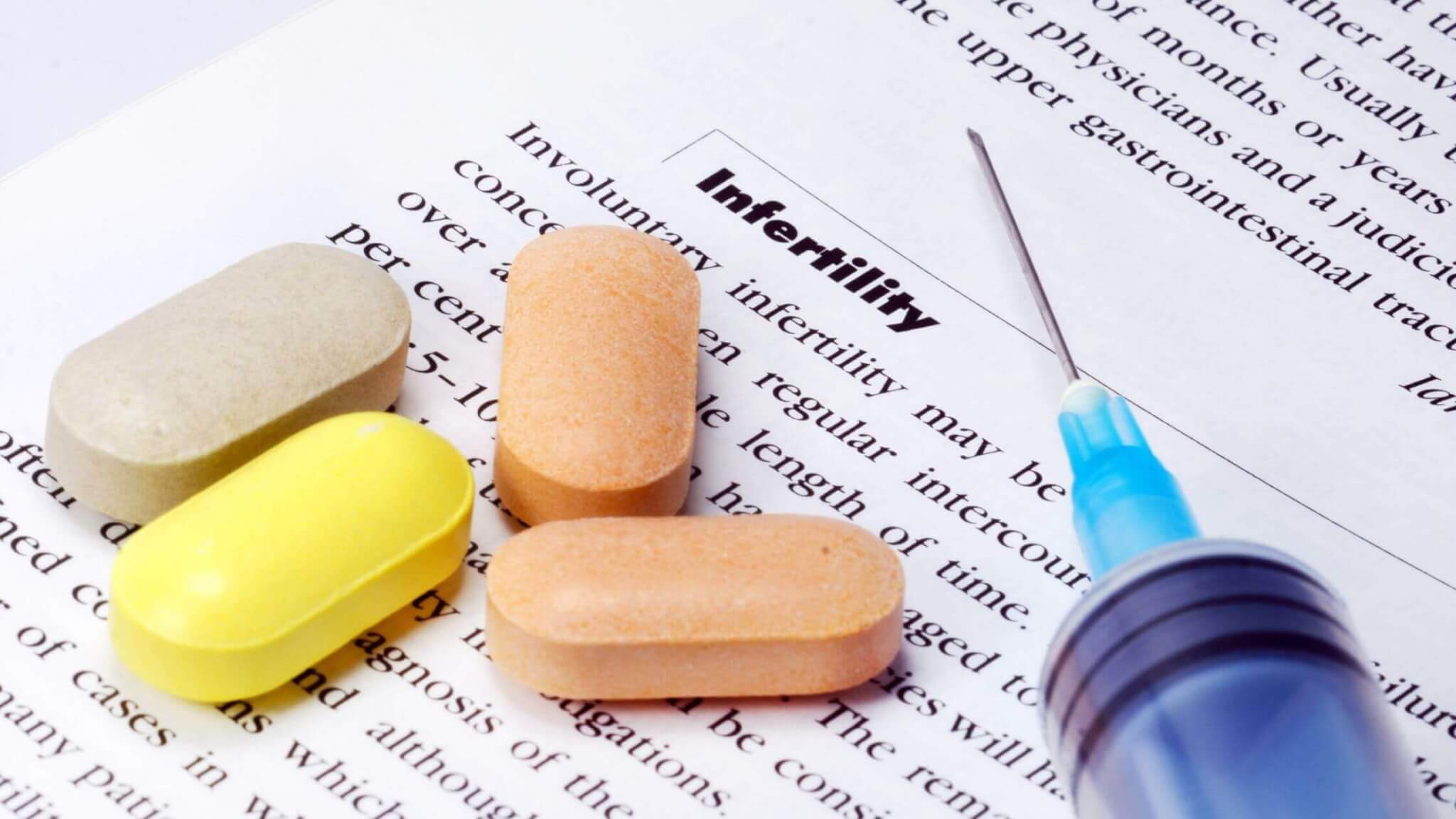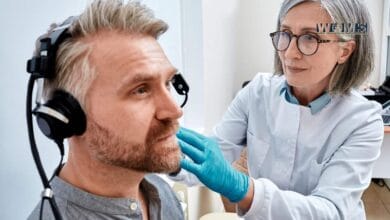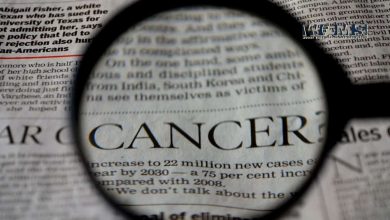Quick Guide to Male Infertility Treatment

Male infertility is a prevalent condition. Conception is a difficult procedure with numerous challenges. Nevertheless, having infertility challenges does not rule out the possibility of having children with your spouse. Several numerous medications and techniques can help you get pregnant faster.
Male infertility refers to a man’s inability to conceive with a female spouse.
Male infertility can be caused by a variety of factors. For example when you’re not producing sufficient or healthful sperm. You could have a hereditary condition such as cystic fibrosis. An obstruction in your reproductive tract is possible.
If individuals have already had pelvic infections, testicular damage, or adolescence at an early or late age, they’re more prone to suffer male infertility. Treatments are determined by the cause of someone’s infertility. Artificial insemination, medications, and operation are all options for management.
What Factors Contribute To Male Infertility?
Fertility is affected by a variety of hereditary and physiological variables. Among the choices are:
- Azoospermia is a condition in which you are unable to make spermatozoa.
- Oligospermia involves the production of low-quality sperm.
- Klinefelter’s syndrome, myotonic dystrophy, microdeletion, and other hereditary illnesses are illustrations.
- Deformed sperm is sperm that are unable to survive prolonged enough just to fertilize an egg.
- Hyperglycemia, several immunological disorders, cystic fibrosis, and various diseases are instances of medical problems.
- Some vitamins and drugs.
- Varicoceles: Varicoceles is a disorder whereby the veins in someone’s testicles are bigger than average, usually causing them to heat up and affecting the structure and quantity of someone’s sperm.
- Chemotherapy, radiotherapy, or surgical removal of the testicles are all options for cancer treatment (one or both).
- Excessive drinking, smoking, illegal substance usage, and anabolic steroid use are all dangerous behaviors.
- Testicular trauma. Infertility can be influenced by hormonal problems affecting the brain or pituitary glands.
Who Is At The Risk Of Infertility In Men?
If you’ve had any of the following, you’re more likely to develop male infertility:
- Prostate inflammation or vaginal infections in the past
- Torsion of the testicles or injury to the testicles
- Early puberty versus late puberty
- The genitals are exposed to high temperatures.
- Repairing a hernia
- Testicles that haven’t dropped
- If you use several prescription medications, anyone may be in danger. Medicines for ulcers, psoriasis, depression and high blood pressure are among them.
Male Infertility Treatment
In many cases, a primary etiology of infertility cannot be determined. Even if the specific cause is unknown, one’s specialist may suggest medications or methods that will help you become pregnant.
In cases of infertility, it’s also a good idea to investigate the female spouse. Your companion may require special attention. Alternatively, you may discover that using assisted reproductive procedures is the best option for you.
Treatment is determined by the cause of infertility. Many issues can be resolved with the use of medications or surgery. It would also allow for regular sex-based reproduction. The following treatments are divided into three categories:
- Surgical Therapy for Male Infertility
- Non-surgical therapy for Male Infertility
- Treatment for Unknown Causes of Male Infertility
Many male reproductive issues can be resolved without the need for surgery. Here are some male infertility treatments:
- Surgery. A varicocele, for instance, or a blocked vas deferens can also be surgically rectified. Vasectomies that have already been performed could be corrected. When there is hardly any sperm inside the ejaculate, sperm recovery procedures will often be used to obtain spermatozoa from the testicular or epididymis.
- Infection treatment. Antibiotic therapy may heal genital tract infections, and it does not necessarily renew fertility. Therapies for issues in having sexual intercourse. In cases of sexual dysfunction or untimely ejaculation, prescription or psychotherapy might assist increase fertility.
- Therapies and drugs for hormones. In cases when infertility is triggered by higher and lower quantities of specific hormones, or difficulties with both the method the system processes hormone production, one’s physician may prescribe hormonal substitution or drugs. Whenever couples possess a hormone problem that is starting to cause infertility, hormone medication might very well assist. Hormone abnormalities can impact the development of sperm and egg. Symptoms could be linked to problems with the interaction of the hypothalamus, pituitary gland, and testes. Antibiotics or gonadotropin medication may be used to treat the condition.
- Fertility support. This procedure entails assisting your spouse in becoming pregnant. This could be accomplished by artificial insemination. This procedure deposits a large amount of healthy sperm just at the cervix’s opening or directly inside the uterine of the couple. After that, the sperm can travel to the fallopian tubes. IVF, GIFT, and other procedures are available. Artificial insemination is achieved using in vitro fertilization (IVF) and gamete intra-fallopian transfer (GIFT). The sperm is collected by one supplier. Then he or she adds a huge amount of high sperm cells to your spouse’s eggs. Inside the laboratory or within someone’s spouse’s fallopian tube, he or she can combine the male and female gametes.
- Injection of sperm into the cytoplasm (ICSI). Only one sperm is injected into an egg by one supplier. The fertilization process is then conducted under a microscopic examination. The fertilized egg is implanted inside the uterus of someone’s spouse by the physician.
- Aspects of assisted reproduction technology (ART). Vary according to personal condition and needs, ART therapies may include collecting sperm by natural ejaculation, surgical retrieval, or donor persons. These sperm are therefore either injected into the female vaginal tract or utilized in vitro fertilization or intracytoplasmic sperm injection procedures.
Also Read: Infertility Affects Both Men and Women
Conclusion
Infertility is a reproductive system disorder. It prevents individuals from bearing kids. This could affect both men and women. Male infertility indicates that a young man’s reproductive organs are malfunctioning. It indicates men won’t be able to create a family with a female spouse.
FAQs
Is male infertility synonymous with sperm deficiency?
Male infertility refers to a man’s inability to conceive with a female companion. Male infertility can be caused by a variety of factors. It’s possible that you’re not producing sufficient or quality sperm. You could have a hereditary condition such as cystic fibrosis.
What occurs when a man doesn’t produce sperm?
The system breaks up sperm cells and the body metabolizes them if sperm don’t move out through ejaculation. The sperm may be released during nocturnal emission, sometimes referred to as a wet dream. Individuals who’ve had a vasectomy possess sperm that stays within the body and therefore does not leave.




